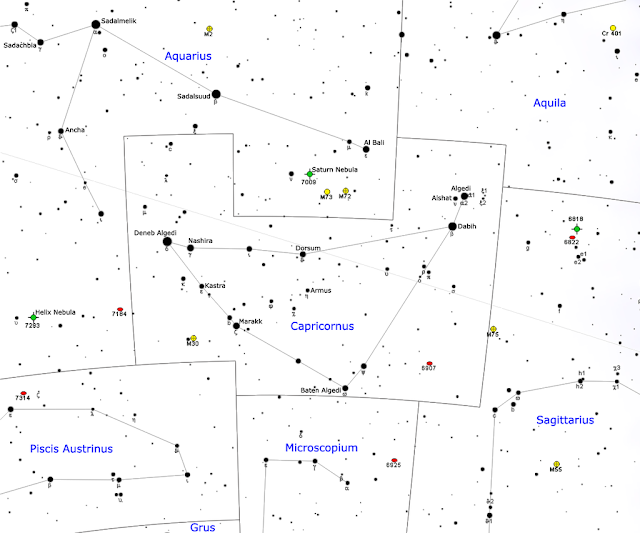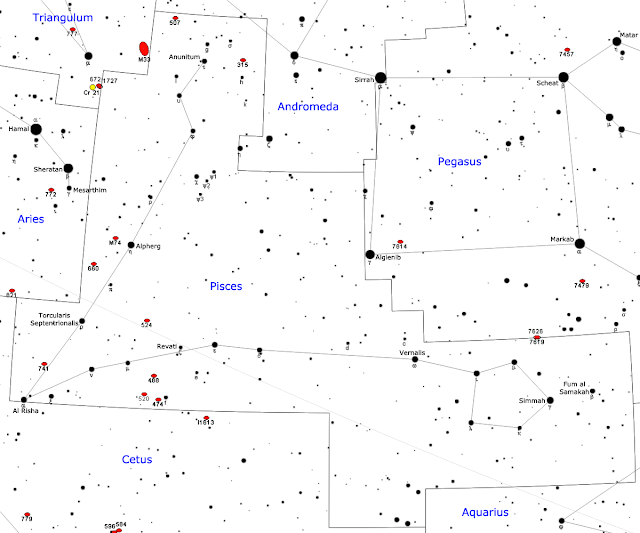Pros
1. Useful explanations:
I believe that quotes have the potential to communicate ideas effectively and clearly. For the same concept, some explanations can be difficult to understand while others can be straightforward and unambiguous. I also believe that there's no limit to how effective an explanation can be and that there's always a more clear and useful combination of words that hasn't been realized yet.
I believe society should make an effort to collect and organize useful and clear explanations for all educational subjects. Quality explanations on scientific topics can help us understand topics that were previously much harder to comprehend. This is part of the larger goal of attaining knowledge and shining light on previously dark phenomena.
2. Transparency of texts:
By focusing on the key ideas, quote curation can help bring greater transparency to a text. Texts are often presented as large documents that take a long time to read. Quote curation has the potential to consolidate the key ideas from a text onto a single page and allow the reader more readily access the primary message.
3. Atomization of principles:
I view knowledge as a collection of principles that have the potential to be combined into systems and structures. Although a principle can be as simple as a short statement, for more complex and subjective principles, a principle might be best expressed with multiple sentences. Quotes allow us to atomize principles and give them more substantiality.
In the future, I can see knowledge turning into something like Legos with principles and quotes as the building blocks to make new structures. Quotes enable the reuse and the portability of principles.
4. Participatory culture:
Quote curation provides an outlet for individuals to interact with texts in a participatory way. Instead of just reading a text, reading with the purpose of quote curation can help an individual feel more engaged. Searching for quotes in a text is an exciting activity similar to searching for rare objects in a public market.
Cons
1. Copyright rules:
Its recommended that published quote collections follow fair use rules, Creative Commons licenses or ask the owner for permission. It should be mentioned that fair use rules vary between different countries.
2. Misrepresentation:
Quote curation has the potential to misrepresent the original text. A few selected quotes can distort the message of a text. This is something that a quote curator needs to keep in mind when choosing the purpose and nature of a quote collection. I believe that a collection of quotes that is focused on general philosophy instead of trying to elucidate the message of the text, has less risk of misrepresenting the original text. It depends on how the quotes are displayed and the ability of the curator.
There is a risk that quote collections can over-simplify what the author meant to say. Its important that a quote collection leaves the impression that there is more to the original text than what is contained in the quotes. This is another aspect that depends on the ability of the curator.
3. Misquoting and fake quotes:
Taking quotes out of context or purposefully making the author say something that they don't believe is clearly not advised. Worse, fake quotes that were never said can be generated and this is obviously bad. This is probably the most problematic aspect of a culture based on quote curation. A culture that embraces quote curation needs to figure out networks of trust and safeguards to ensure that fake quotes are minimized.
License: CC BY-SA 4.0











